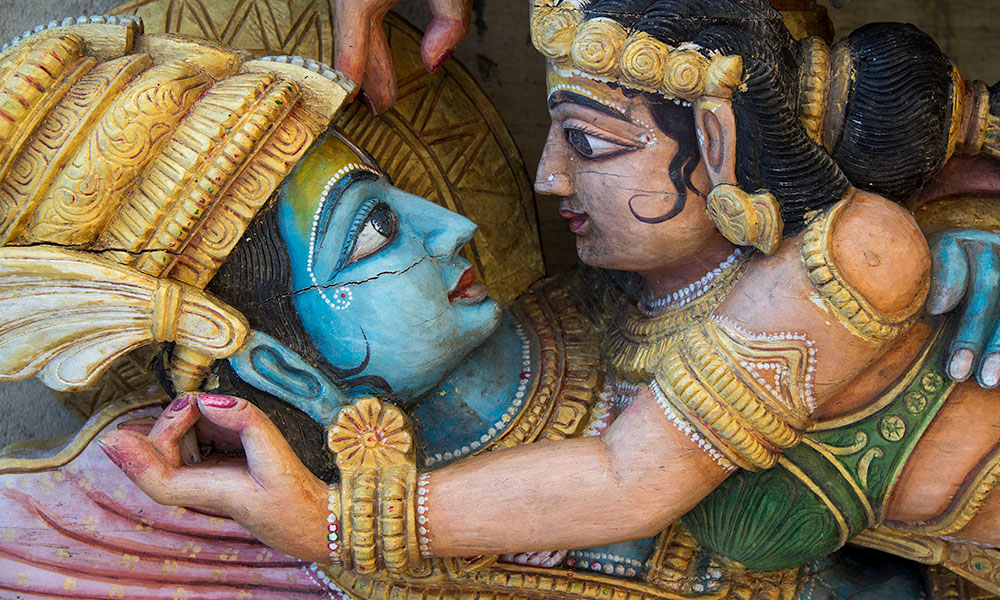
Distinguished Visiting Humanist Wendy Doniger discusses science, religion
The University of Chicago professor will be in residence from March 22 to 24. A scholar of Hinduism and mythology, her work highlights the “often messy collision of religion, science, and politics.”
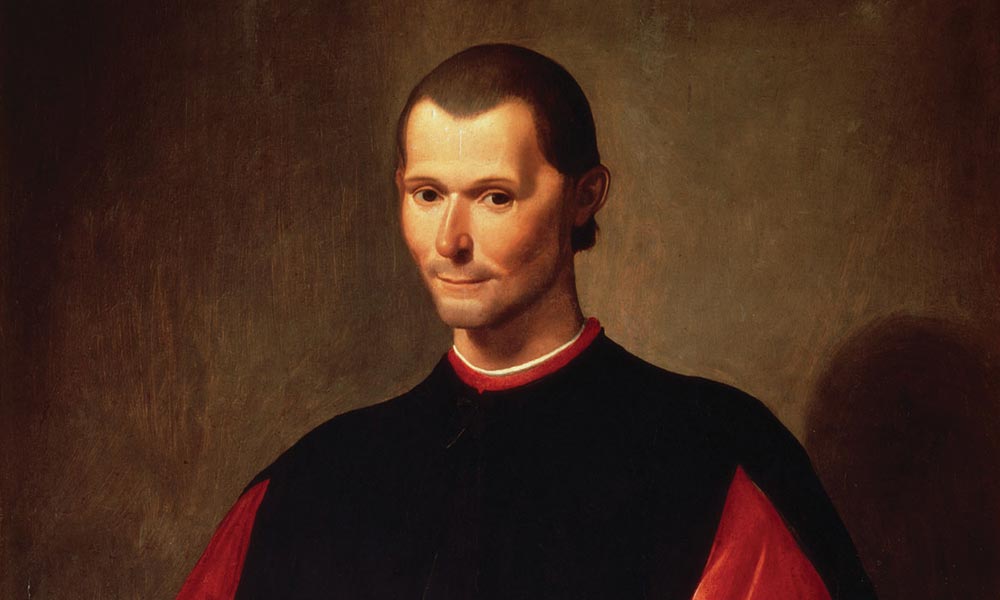
What would Machiavelli do?
Christopher Celenza, a professor of classics at Johns Hopkins University, will speak on “Machiavelli: Yesterday and Today” as the keynote speaker of this year’s Ferrari Humanities Symposia on March 7.

What was ‘unprecedented’ about Paris climate agreement?
Andrew Light, a climate change policy expert and a philosopher, explains why the Paris Agreement is a breakthrough in climate change diplomacy, as this month’s Humanities Center Lecture Series continues its focus on the environment.
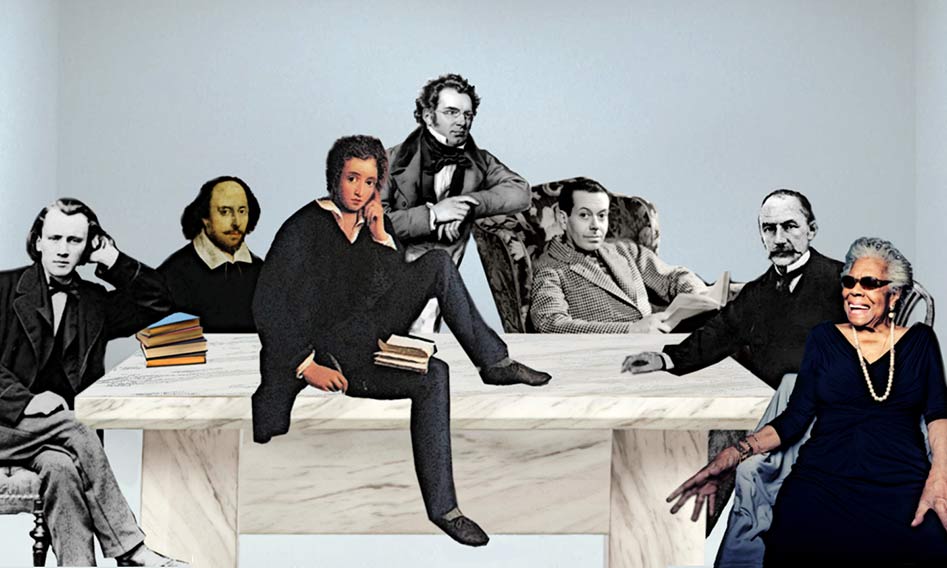
Class, symposium explore ‘New Approaches to Poetry and Song’
In music professor Matthew BaileyShea’s class, students share lyrics from favorite songs, then work to uncover complexities in the text. An upcoming Humanities Center symposium organized by BaileyShea will further explore new ideas about text-music interaction.
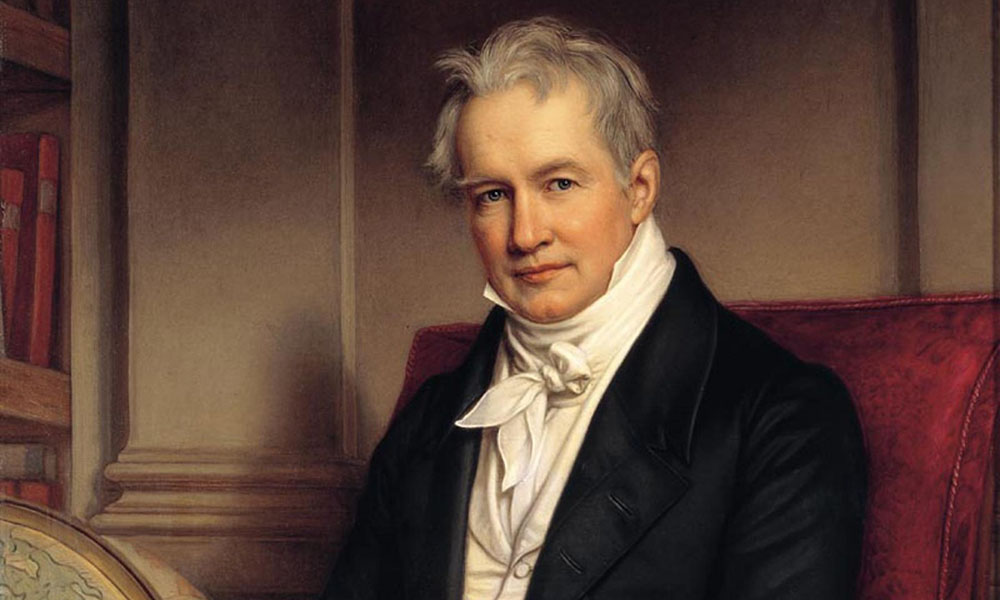
Author Andrea Wulf on Alexander von Humboldt, ‘founding father’ of environmentalism
Nineteenth-century explorer and scientist Alexander von Humboldt created the modern idea of nature, says author Andrea Wulf, who’ll be speaking on October 4, as part of the Humanities Center Lecture Series.
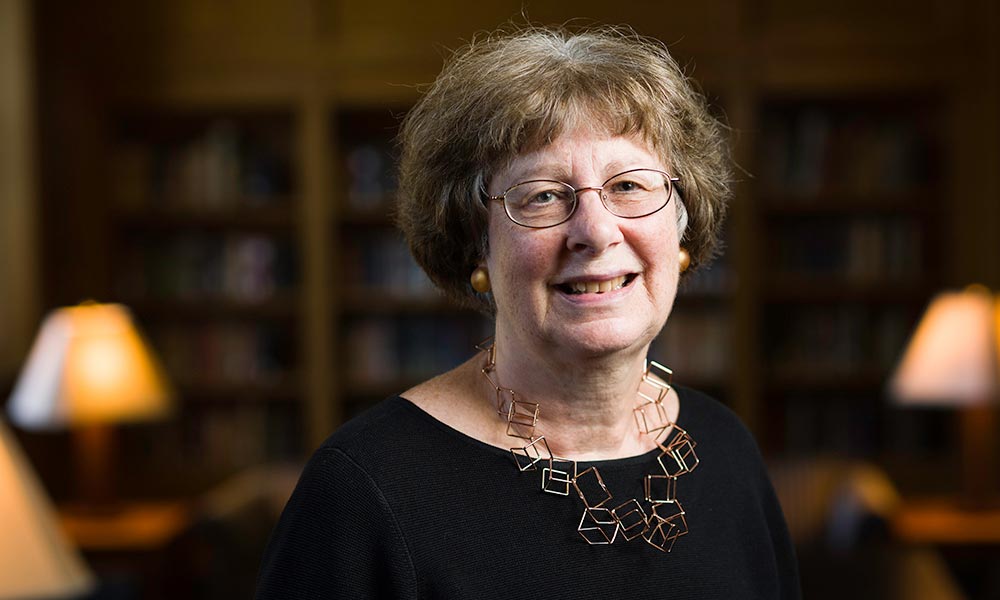
Joan Shelley Rubin named director of the Humanities Center
Joan Shelley Rubin, a noted scholar of American history, has been named the Ani and Mark Gabrellian Director of the Humanities Center. The center will celebrate the opening of its permanent home in Rush Rhees Library in October.
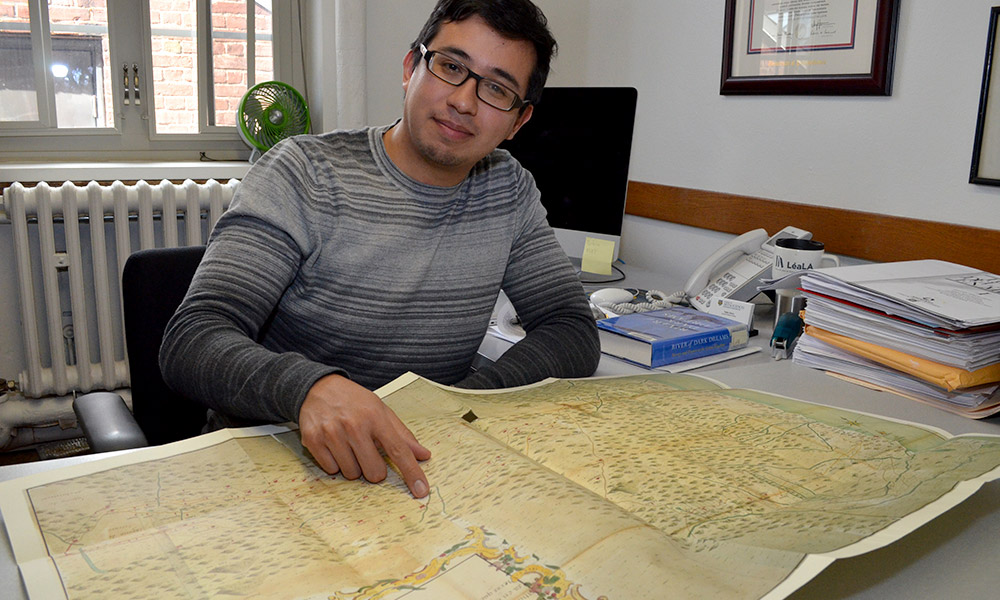
Documenting a hometown’s history of slavery
History professor Pablo Sierra is working to document the forgotten history of the Africans who passed through the slave market in his hometown and contributed to the diverse culture of modern Mexico.
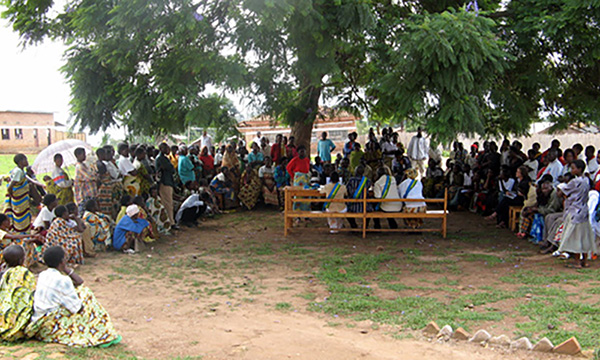
Despite flaws, Rwanda’s courts play valued role in life after genocide
How can neighbors who knew each other before a genocide go back to living side by side? In Remediation in Rwanda, anthropology professor Kristin Doughty argues that the new court systems “created a space for people to work through this messy process of rebuilding relationships.”
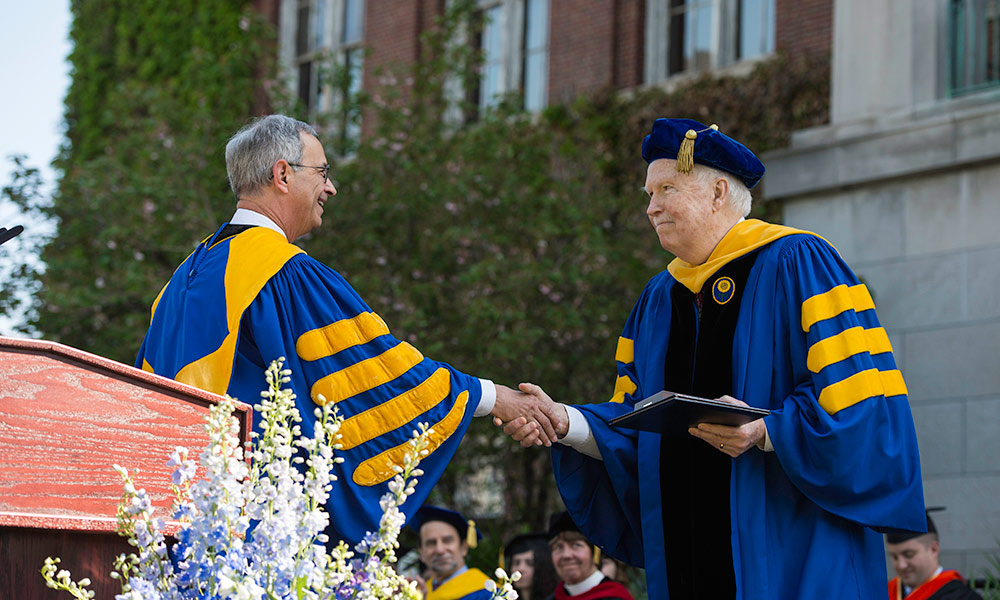
Humanities programs to benefit from $2 million commitment from alumnus
Joseph F. Cunningham ’67 and his wife, Andrea, have created an endowed fund to support research, lectures, and public forums within the humanities.
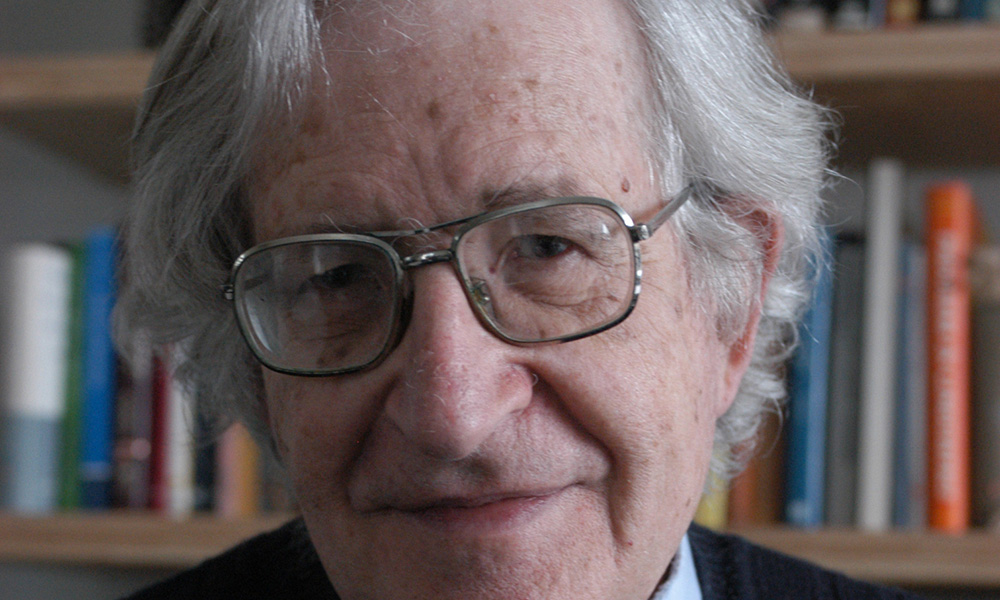
Conversations on linguistics and politics with Noam Chomsky
Noam Chomsky, professor of linguistics, emeritus, at Massachusetts Institute of Technology, is the University’s Distinguished Visiting Humanist. Chomsky, an esteemed linguist, philosopher, political commentator, and activist, will meet with students and faculty this week. In advance of his visit, Jeffrey Runner, Chair of the Department of Linguistics, and Theodore Brown, Professor of History and Charles E. and Dale L. Phelps Professor of Public Health and Policy, talked with Chomsky about his seminal works in linguistics and politics.
